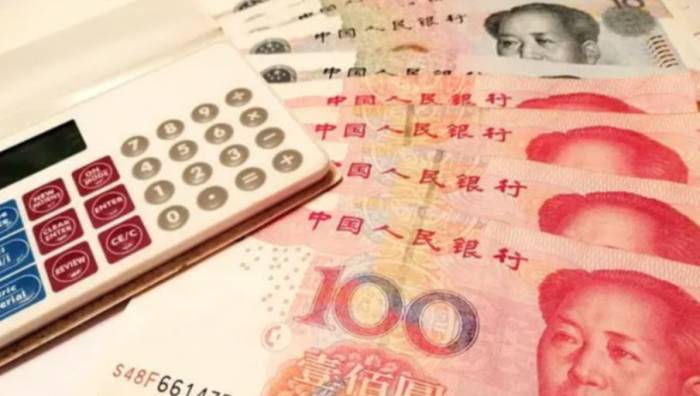Bank of America stated that, alongside the ongoing developments in the acquisition dynamics of Qualcomm (QCOM.US) and Intel (INTC.US), TSMC (TSMC.US) is also facing potential opportunities and risks.
Reports have previously indicated that Qualcomm recently approached Intel regarding an acquisition, although some analysts believe that such a deal may be hard to achieve.
In addition, it has been reported that Apollo Global Management has proposed a $5 billion investment in the struggling chipmaker Intel.
Analysts led by Brad Lin stated that Qualcomm is one of TSMC's top five clients, contributing between 5-9% to its revenue.
Intel currently outsources approximately 30% of its wafer fabrication to TSMC (which contributes 5-9% of its revenue) and plans to reduce this proportion to 20%.
If Intel's Intel Foundry Services (IFS) receives adequate support from this transaction and executes on product development, it may slow down the outsourcing to TSMC.
A key factor to watch is how Qualcomm would utilize IFS if it chooses to sell or integrate it into its own business.
However, analysts believe that if Qualcomm decides to sell, Intel may accelerate the outsourcing process, benefiting TSMC.
Lin and his team also stated that MediaTek, a semiconductor company based in Taiwan, may benefit from this potential transaction due to the usual execution risks associated with foundries.
Analysts added that the Snapdragon 888, a collaboration between Qualcomm and Samsung Foundry, is a prime example facing significant performance challenges, leading to an increase in MediaTek's market share in the high-end smartphone system-on-chip (SoC) sector.
Analysts pointed out that TSMC's technological leadership and exceptional execution may continue to provide MediaTek with a competitive edge in chip performance.
If the situation changes post-transaction, MediaTek can further enhance its industry status, benefiting from TSMC's outstanding performance in contract manufacturing services.
Furthermore, Lin and his team stated that Qualcomm has been a major client of TSMC, primarily on TSMC's leading-edge nodes.
A potential acquisition of Intel may enable Qualcomm to expand into the x86 and high-performance computing (HPC) markets.
However, analysts noted that Qualcomm's existing relationships with TSMC and other foundries on different (ARM) architectures may complicate integration with Intel's primarily x86-based foundries.
This potential deal also faces risks, including regulatory challenges that could delay or prevent the acquisition.
Analysts added that these factors, coupled with Intel's weak financial condition, bring uncertainty to the entire semiconductor market.
Wall Street analysts have a relatively positive average rating for the stock, as a strong buy.






























Leave a Comment